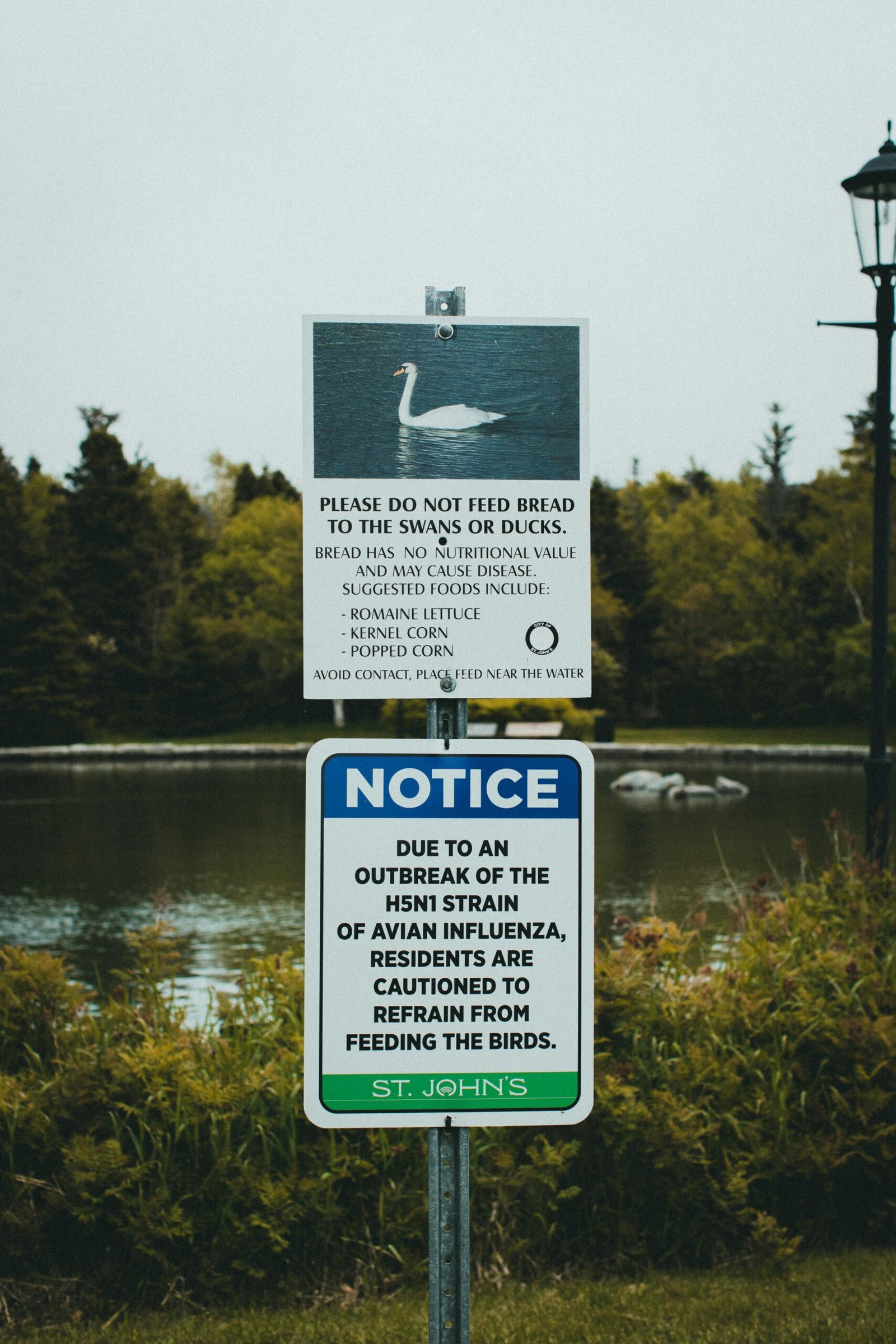According to multiple sources, this flu season is the most intense one we have seen in 15 years. At Everwell, we want everyone to be informed about symptoms, prevention, care, and when to seek help.
What Is the Flu?
The flu is an illness that can make you feel very sick. It can cause fever, cough, body aches, and tiredness. The flu spreads easily from person to person, especially in the fall and winter.
What Causes the Flu?
The flu is caused by tiny germs called viruses. These viruses can travel through the air when someone coughs or sneezes. You can also catch the flu by touching something with flu germs on it and then touching your face.
What Are the Symptoms of the Flu?
If you have the flu, you might:
- Have a fever (your body gets very warm)
- Feel very tired
- Have a headache or sore muscles
- Cough or have a sore throat
- Have a runny nose
The flu can come on suddenly, meaning you might feel fine one day and really sick the next.
Is the Flu Dangerous?
For most people, the flu is not serious, and they get better at home in about a week. But for some people, the flu can be dangerous. It can cause pneumonia, a serious lung infection.
People who are at higher risk of getting very sick include:
- Babies and young children
- People over 65
- Pregnant people
- People with health problems like asthma or diabetes
How Can I Prevent the Flu?
The best way to prevent the flu is to:
- Wash your hands often with soap and water
- Stay away from sick people
- Get a flu shot every year
- Cover your coughs and sneezes with your elbow
- Keep the air fresh by opening windows when possible
How to Care for Yourself at Home
Rest and symptom management are key to flu recovery. Follow these steps to help your body heal:
Follow Discharge Instructions
Discharge instructions provide essential guidance on how to care for yourself after a medical visit. Make sure you understand and follow your physician’s recommendations. If anything is unclear, ask questions.
Home Care Tips
- Rest: Get plenty of sleep and avoid strenuous activities.
- Hydration: Drink lots of fluids to stay hydrated and help thin mucus.
- Medication: Take any prescribed antiviral medication as directed. Over-the-counter medicines like acetaminophen (Tylenol) or ibuprofen (Advil, Motrin) can help reduce fever and body aches.
- Steam Therapy: Take warm, steamy showers to soothe your cough and loosen congestion.
- Soothing Remedies: Use cough drops or hard candy for a sore throat.
- Use a Humidifier: If recommended by your physician, use a cool mist humidifier to keep your airways moist. Be sure to clean it regularly.
- Saline Nasal Drops: These can help relieve nasal congestion.
- Manage Fever: Dress in lightweight clothing and cover with a light blanket to avoid overheating.
Prevent Spreading the Flu
To protect those around you, take these precautions:
- Stay home while you have a fever or feel unwell.
- Limit close contact with others, and wear a mask if necessary.
- Wash hands frequently with soap and water or use an alcohol-based hand sanitizer.
- Cover coughs and sneezes with your elbow, not your hands.
- Avoid touching your face, as the flu virus spreads through the eyes, nose, and mouth.
- Do not share personal items such as cups, food, towels, or bedding.
- Clean frequently touched surfaces, like door handles, remote controls, and phones, with a disinfectant that kills viruses.
- Return to work or school only when your fever has been gone for at least 24 hours without fever-reducing medicine.
Most people get better on their own. But call a doctor if you have trouble breathing, chest pain, or if you start to feel worse after feeling better.
Can the Flu Be Treated?
Yes, doctors can give you medicine to help fight the flu. This medicine works best if you take it soon after getting sick. But antibiotics do not work on the flu because the flu is caused by a virus, not bacteria.
What About the Flu and Pregnancy?
If you are pregnant, the flu can be more dangerous for you and your baby. If you think you have the flu, call your doctor right away. It is also very important for pregnant people to get the flu shot.
When Should I Stay Home?
If you have the flu, stay home from work or school until your fever is gone for at least 24 hours without medicine. This helps keep others from getting sick.
When to Seek Medical Help
While most people recover from the flu at home, some symptoms require urgent medical attention. Call 911 or seek emergency care if you:
- Struggle to breathe and can only say one or two words at a time.
- Need to sit upright constantly to breathe or cannot lie down.
- Are exhausted from trying to breathe or are sweating from the effort.
Contact a healthcare provider if you experience:
- Trouble breathing even while sitting still.
- Severe chest discomfort.
- Confusion or disorientation.
- Vomiting that prevents you from keeping fluids down.
- Signs of dehydration, such as dark urine, dry mouth, muscle cramps, or dizziness when standing.
Follow-Up Care
Your physician may recommend a follow-up appointment to monitor your recovery. Be sure to schedule and attend any necessary check-ups.
Final Thoughts
Recovering from the flu takes time, but with proper care, you can ease your symptoms and get back to feeling your best. Rest, stay hydrated, and follow these steps to protect yourself and those around you.
If you have any concerns or your symptoms worsen, do not hesitate to reach out to your physician.
You can also schedule an appointment with Everwell Health Solutions here: https://everwellhealthsolutions.akutehealth.com/appointments
To learn more about what we do and how we can help you, check out this page: https://everwellhealthsolutions.com/primary-care-services/


